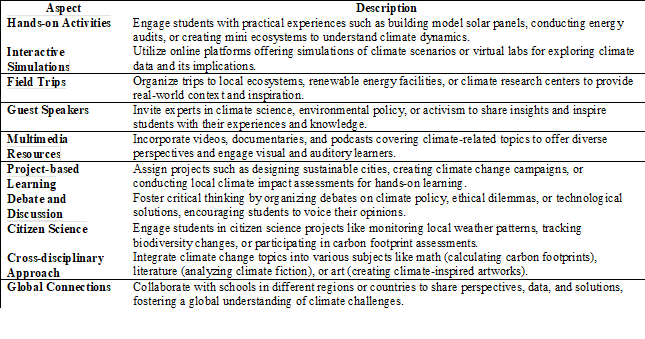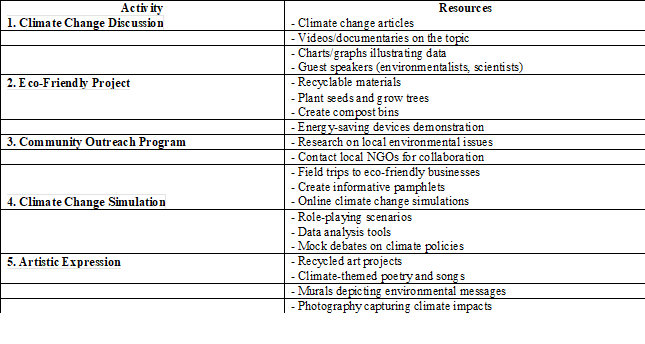[A game - A Green Future (created by students school Sehriyo)
Genre: Adventure game with elements of strategy and RPG.
The main elements of the plot
Setting
The game takes place in the distant future, where the ecology of the planet has declined due to the excessive use of natural resources and environmental pollution. The surviving groups of people live in isolated eco-communities surrounded by destroyed and dangerous regions. However, thanks to scientific achievements and innovative developments, humanity has found a way to restore the planet and build a green future.
The main character
You play as a young scientist named Alexey who grew up in one of these eco-communes and dreams of a world where people and nature live in harmony. Its goal is to unite disparate communities and revive the planet's ecosystem. The main storyline
The beginning of the journey
Alexey receives a task from the elder of his eco-commune to go on a journey to find ancient technologies and knowledge that will help restore the environment.
During the preparation for the trip, Alexey learns about the legend of the "Green Guardian" — a mythical creature that protects the secret knowledge about the rebirth of nature.
Exploration of the destroyed lands
Alexey travels through abandoned cities, deserts and infected forests, meeting various groups of people, from merchants to robbers.
Along the way, he collects artifacts and ancient technologies, and finds clues that point to the location of the Green Guardian.
New friends and allies
Alexey meets various characters who join his mission: an engineer named Lena, Igor, a medic, and Victor, a former military man.
Each of them has unique skills that help them overcome various obstacles and solve puzzles.
Solving the mystery of the Green Guardian
In the ancient ruins, Alexey and his team find a hidden underground city, where knowledge and technologies are hidden that can restore the ecology of the planet.
Here they meet the Green Guardian, an artificial intelligence created by an ancient civilization to protect nature.
The Battle for the Future
Alexey learns about a mysterious corporation that wants to use ancient technologies for its own selfish purposes in order to establish control over the remaining resources of the planet.
The team engages in a decisive battle with the forces of the corporation to protect the Green Guardian and the knowledge that can save the planet.
Restoring peace
After defeating the corporation, Alexey and his friends begin a large-scale project to restore the planet's ecosystem using the acquired knowledge and technology.
People from different eco-communities come together to work together, and gradually nature begins to revive.
The epilogue
Several years have passed. The planet is beginning to be covered with green forests and clean rivers, and people are learning to live in harmony with nature.
Alexey becomes a symbol of hope and continues to work to improve the ecology of the planet, passing on his knowledge to the next generations.
Gameplay
Exploring the world: The player travels through the open world, explores destroyed territories and collects resources.
Solving puzzles: Solving ancient mysteries and activating technologies to restore nature.
Battles: Fight against enemies including wild animals, mutants and corporate mercenaries.
Resource management: Collecting and using resources to improve eco-communities and restore nature.
Social interactions: Interacting with various characters, making decisions that affect the plot and relationships with allies.
Green Future offers players an exciting story about survival, friendship and the restoration of the planet, encouraging them to reflect on the importance of environmental protection and sustainable development.](https://youtu.be/DSw6joFWq1A)
Contacts:
Shakhnoza Khamrayeva
Sehriyo School, Tashkent
WhatsApp: +998881585511
hamraeva.s@gmail.com


